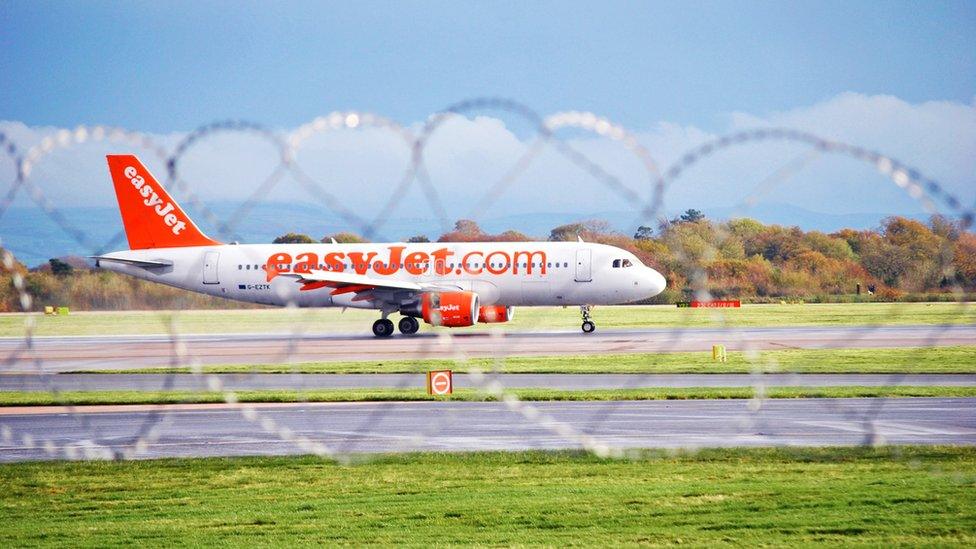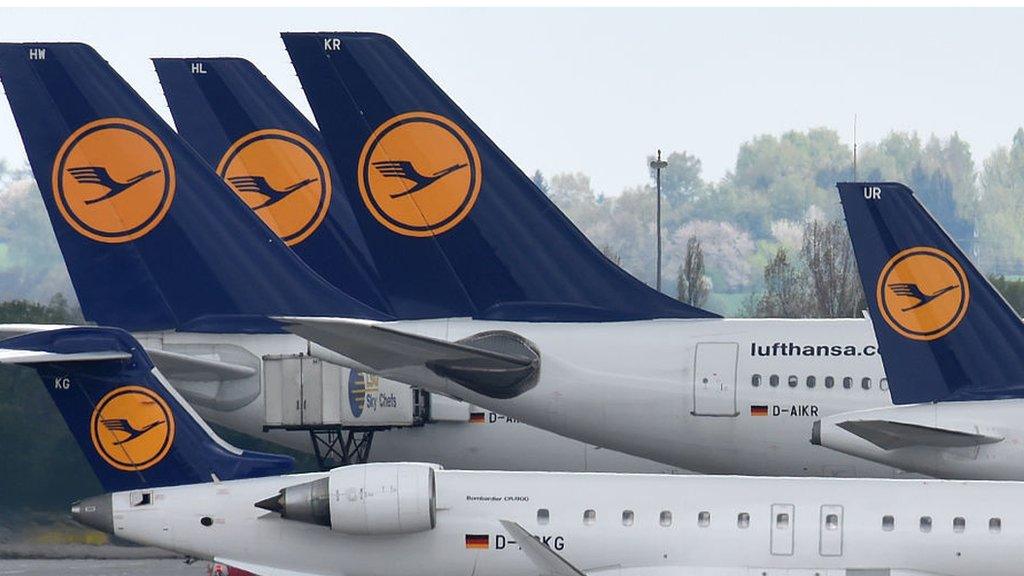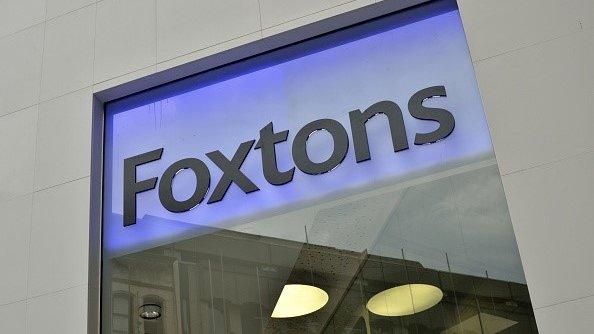Post-Brexit sterling slump costs Easyjet £40m, says boss
- Published

The boss of Easyjet says the airline has seen its costs increase by £40m ($53m; €48m) in just four weeks, as a result of the pound's drop in the wake of Britain's vote to leave the EU.
Carolyn McCall told the BBC the drop had made fuel - which the firm pays for in US dollars - more expensive.
She added that the increased cost of travelling abroad is deterring some British holidaymakers.
Sterling has lost more than 10% of its value against the dollar since Brexit.
Ms McCall's comments came as Easyjet released its quarterly results, external, which warned that the company is earning less from each passenger.
Although passenger numbers have been rising - up to 20.2 million - extreme weather, air traffic control strikes and terrorist attacks have all contributed to the drop of almost 8% in "revenue per seat", a key measure watched closely by investors.
Easyjet CEO Carolyn McCall explains why Brexit and terror attacks have affected business
An "extraordinary number of external events" were to blame, Ms McCall said, "from Sharm el-Sheikh, Paris, Brussels and most recently, Nice and Turkey".
Easyjet's shares have dropped by more than 6% in London on the news.
'Good news'
But the chief executive argued that the drop in revenues was beneficial to customers.
"It is worth pointing out that although every airline is having a tough time, it is very good news for passengers," she told the BBC's Today programme.
"It actually means it's cheaper to fly and ticket prices are low".
The devaluation of the pound since the Brexit vote has also had an impact on "consumer confidence", or whether people feel compelled to book flights and holidays, she continued.
"If you are a passenger, you are reading every day in the papers that it is more expensive to spend money on holiday," Ms McCall said, although she added that demand would probably "normalise over next few months".
Ms McCall also confirmed that the airline would not be following rivals such as Wizz Air in scaling back from the UK market as a result of Brexit.
"We see opportunity," she said.
"We will continue to grow in the UK."
'No new HQ'
Easyjet has also confirmed that it is unlikely to move any staff out of its Luton headquarters, regardless of the result of Brexit negotiations.
While it would prefer that the UK government ensure airlines can continue to fly across Europe under existing pre-Brexit agreements, in the event that the firm has to obtain a new operating certificate from the EU, it will use existing staff in European countries to do so.
The certificate is of prime importance to Easyjet, as almost 50% of its passengers never touch down in the UK.
The airline is a major player in countries such as France, The Netherlands and Switzerland.
- Published21 July 2016

- Published21 July 2016

- Published27 June 2016
